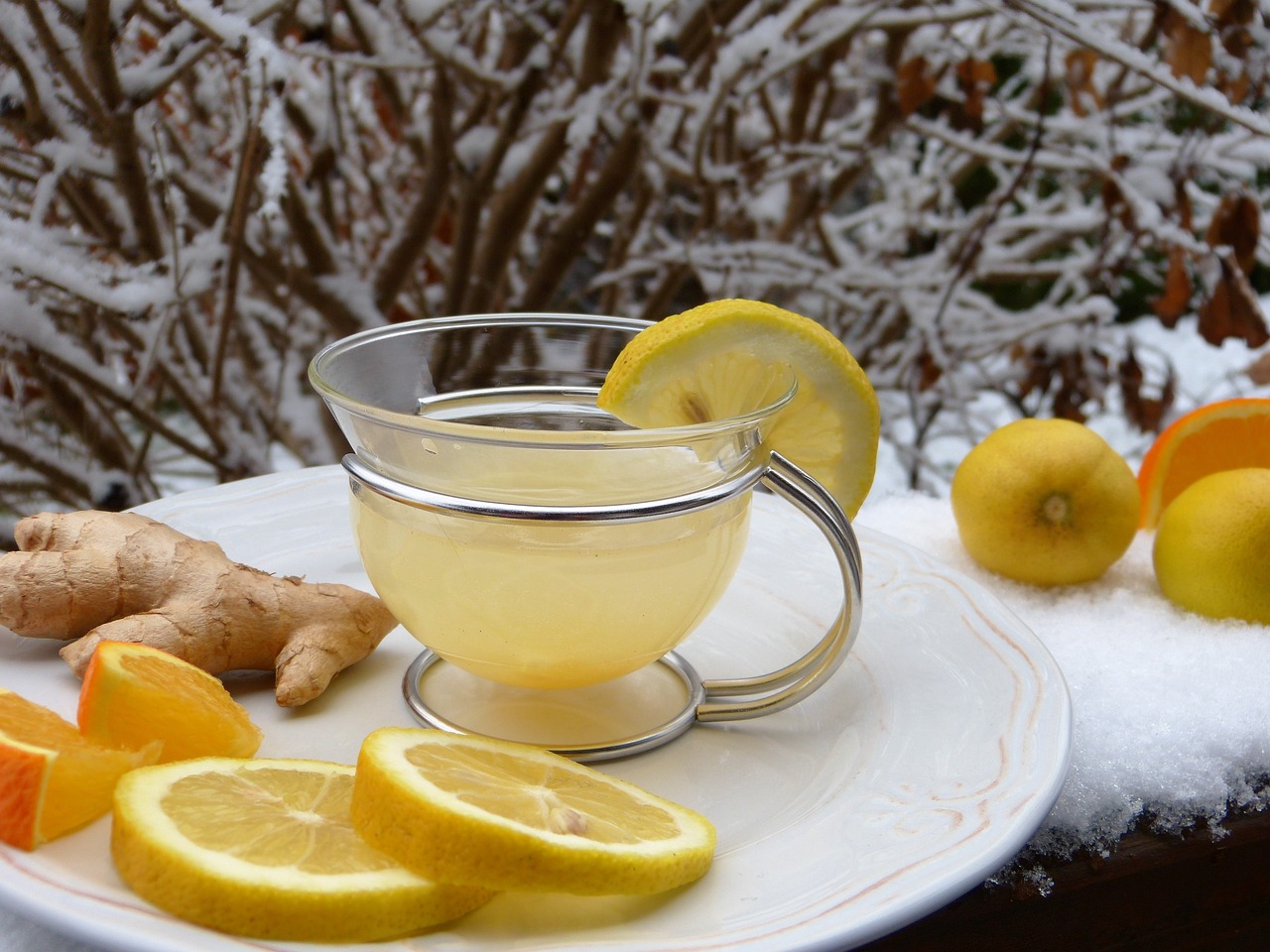Winter brings unique health challenges, from increased allergies and respiratory issues to skincare needs and immune support. In this article, we’ll cover everything from boosting immunity and staying active to managing winter allergies, skin care, and protecting joint health. Let’s pen down essential winter tips for maintaining optimal health during the colder months.
10 Winter Health Secrets Doctors Won’t Tell You!
1. Managing Winter Allergies & Asthma
Indoor allergens can increase in winter due to closed windows and increased indoor time. These can trigger asthma and allergies, causing symptoms like sneezing, congestion, and wheezing. To reduce exposure, regularly clean indoor spaces, vacuum with HEPA filters, and use a humidifier to maintain optimal humidity levels. Asthma patients should carry their inhalers and avoid sudden temperature changes, which can also trigger symptoms.
2. Preventing Flu & Cold
Winter is peak season for colds and flu. Strengthen your immune system by eating vitamin-rich foods, staying hydrated, and washing hands frequently. Annual flu vaccines can reduce the risk of severe symptoms, and limiting close contact with infected individuals can further reduce exposure. Resting well and managing stress also contribute to stronger immunity against these common illnesses.
3. Vitamin D Levels in Winter
Limited sun exposure during winter can lead to a drop in vitamin D levels, essential for bone health, immunity, and mood stability. Incorporate vitamin D-rich foods like fatty fish, fortified dairy, and eggs. Spending time outdoors during sunny hours or taking a vitamin D supplement after consulting a healthcare provider can help maintain healthy levels.
4. Winter Skincare Essentials
Cold air and indoor heating can make skin dry, flaky, and irritated. To combat this, use a thicker moisturizer, opt for gentle cleansers, and avoid hot water in showers, which can strip away natural oils. Hydrate from within by drinking plenty of water, and consider using a humidifier to add moisture to indoor air, protecting your skin from winter dryness.
5. Staying Active in Winter
Staying active is key to maintaining physical and mental health, especially in winter. Bundle up and head outdoors for brisk walks or explore indoor workout options like yoga, strength training, or dance. Consistent physical activity boosts endorphins, counteracts winter weight gain, and strengthens immunity.

6. Boosting Immunity for Winter Health
Focus on immunity-boosting foods like citrus fruits, garlic, ginger, and green leafy vegetables. Zinc and vitamin C are particularly beneficial for immune health. Herbal teas, like chamomile or ginger tea, can provide antioxidants and warmth, making them perfect winter additions.Certain supplements can also be taken
7. Cardiac Health in Cold Weather
Cold weather increases blood pressure and constricts blood vessels, which can strain the heart. Stay warm, avoid sudden physical exertion in cold temperatures, and maintain a heart-healthy diet rich in fruits, vegetables, whole grains, and lean protein. Individuals with a history of cardiac issues should follow their doctor’s winter-specific recommendations.
8. Managing Winter Weight Gain
With comfort foods and holiday treats, winter weight gain can sneak up on anyone. Practice mindful eating, focus on portion control, and include plenty of fiber-rich foods to feel fuller for longer. Regular physical activity can counterbalance indulgences, while soups and stews with lots of vegetables can keep you full and satisfied.
9. Arthritis & Joint Health in Winter
Cold weather can exacerbate arthritis pain due to reduced circulation and stiffening of joints. Keep joints warm by wearing layered clothing and gloves. Engage in gentle exercises, like stretching and yoga, to keep joints flexible and reduce stiffness. Hot showers or heating pads can provide relief and promote better blood flow.
10. General Winter Health Advice
Adopting simple lifestyle changes can keep you healthier in winter. Prioritize sleep to allow the body to recover, stay hydrated, and avoid overly sugary or processed foods, which can weaken immunity. Getting outdoors for sunlight and fresh air—even for a few minutes daily—can also boost mood and energy levels.
Additional Winter Health Tips for Optimal Wellness
- Dress in Layers: Wear clothing layers to trap heat and stay warm in fluctuating temperatures.
- Stay Hydrated: Hydration is often overlooked in winter, but it’s essential for digestion, skin health, and overall bodily functions.
- Balance Indoor and Outdoor Activities: While it’s cozy to stay indoors, fresh air and a change in scenery can improve mood and mental health.
- Hand Hygiene: Regular handwashing can reduce the spread of viruses and bacteria during flu season.
These winter health strategies can help you make the most of the colder months and support your overall well-being. Incorporating these habits now will set a strong foundation for a healthy year ahead
For more healthcare related articles visit here


Comment on “Winter Health Guide for Staying Healthy”
Comments are closed.